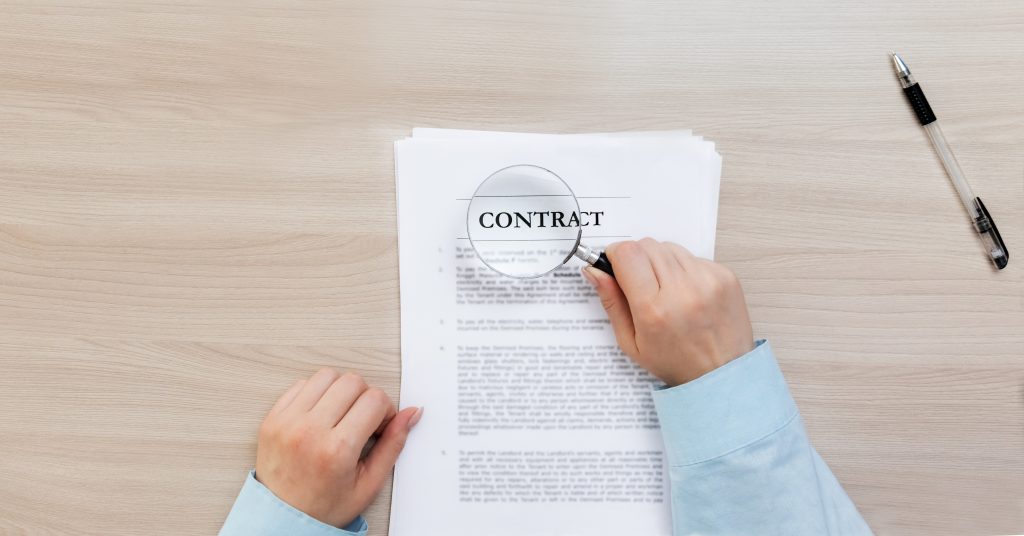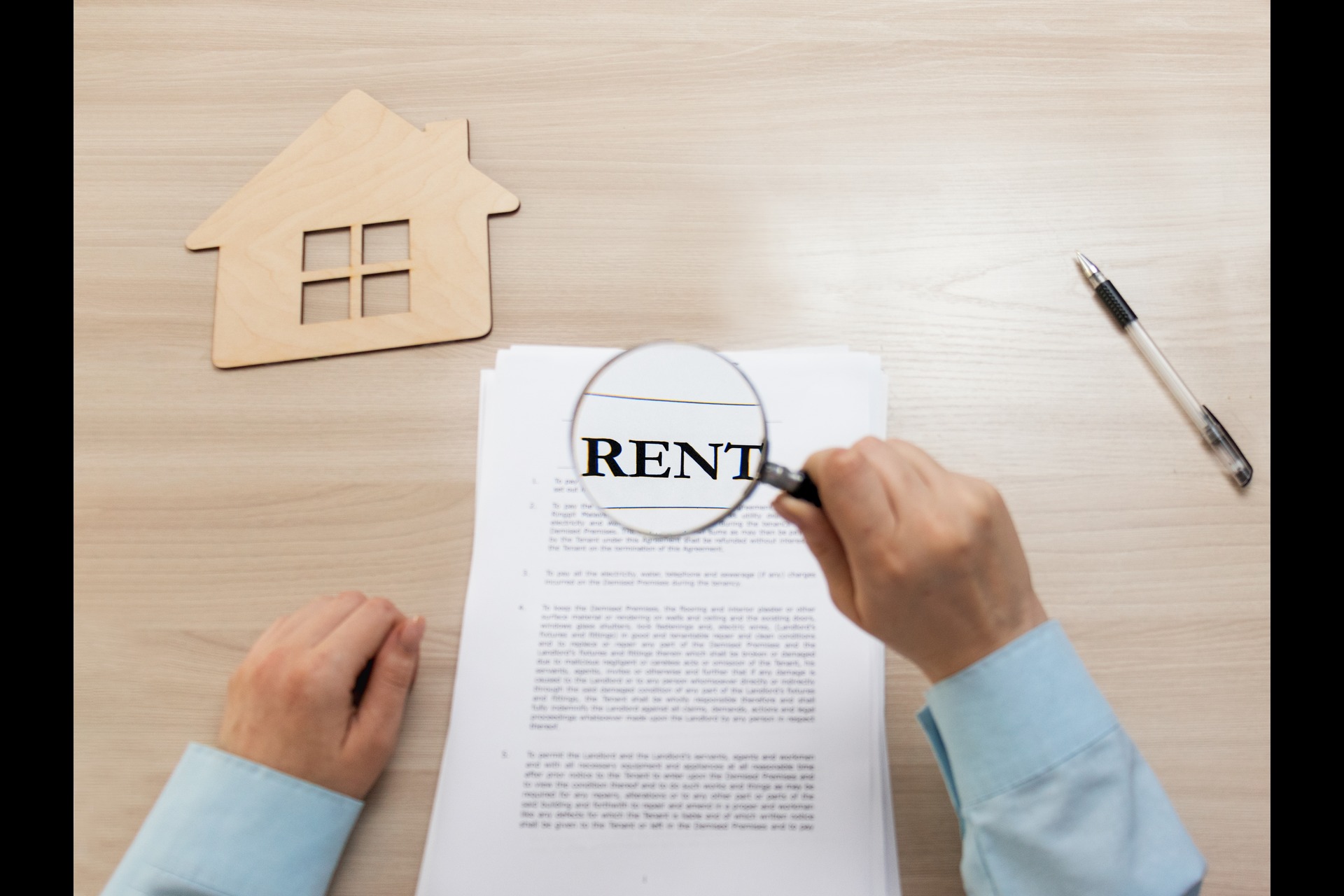Rental agreements are generally known by many people whether they are knowledgeable about the real estate industry or simply have surface level knowledge. A rental agreement has two parties involved, the lessee and the lessor, of which this blog will discuss general specifics of how rental agreements or lease contract function. If you are interested in lease contracts, such as for a condo for sale, then this blog is for you.
The lessee and the lessor
A lease agreement is a contract; and in the agreement of the contract set by the lease contract, there are two parties, namely, the lessee, and the lessor. The lessee is another term for the tenant, which in other words, means that the lessee is the party which is renting out a property. The lessor, on the other hand, is also called the landlord; and this means that the lessor is the party that lends the property for the lessee to rent out.
What is a lease contract?
A lease agreement or lease contract is legally binding, which means that the lease agreement, or more specifically, the rental agreement of the property between the lessee and lessor in the lease agreement possesses terms and conditions that must be complied with as stipulated by law. The format of the lease agreement of the property between the lessee and lessor may be written or verbal.
The common denominator for lease agreement or rental agreement and its terms and conditions is that both parties, the lessee and the lessor, agree to the rules of lease agreement. In the event that the conditions of lease agreement are not complied with by the lessee or the lessor, it can incur legal consequences for the violator.
Kinds of leases
There are varies kinds of lease agreement or lease contracts that the lessee and the lessor can have. One of these kinds of leases are gross leases, wherein the lessee pays only for the rent and the lessor covers all other expenses related to the property.

The other kinds of leases include single-net, double-net, and triple-net leases. Single-net leases place the responsibility of property taxes onto the lessee, double-net add the responsibility of property insurance to the lessee, and triple-net adds maintenance costs to the responsibilities of the lessee.
Other sources state other kinds of leases such as month-to-month leases which are purposed for short-term rental agreements, sublet leases which enable an additional renter to be included in the contract agreement, and lease-to-own leases which include the condition that the property may be bought from the lessor of the property or condo for sale. Different kinds of leases exist for different circumstances, although the inherent relationship of the lessee and lessor is typically observed in virtually all lease contracts.
Characteristics of leases
Leases are simply contracts formed between lessees and lessors that center on renting out properties, for the most part. The more specific details are typically found in the contents of the lease contract.
Generally, lease agreements include the amount of rent to be paid, the timeframe of the rental payment, the length of duration of the contract, rules on owning pets in the property in question, details regarding security deposits, the property’s address, and the responsibilities of the lessee and lessor which will depend on the kind of lease agreement that both parties are agreeing to. More complex lease contracts are usually present in leases for commercial properties.

In addition, other characteristics that may be found on lease agreements note the specific conditions in regards to the utilities of the property, the contact information of the lessor, rules in regards to the how many people are allowed to enter or occupy the property in question, and other restrictions. It may also be indicated in the lease contract’s agreement conditions regarding what specific repairs will be covered by the lessor and which kinds of repairs will be under the responsibility of the lessee.
Leases in the Philippines
Lease contracts, regardless of the region, are generally centered around an agreed upon contract between the lessee and lessor. Although, certain conditions of the contract may differ in accordance with existing laws in the country. For example, the leasing of private land can last for up to specifically 99 years for private land that is leased to Philippine citizens. Corporations may lease private land, however they must be composed of a minimum of 60% Philippine citizens. For foreigners, private land can only be leased for up to 25 years.
Furthermore, requesting for extensions of the lease agreement by the lessee is only allowed if the duration of the lease contract has ended. A request for extension may be possible if the lessor failed to provide a notice for vacating the property to the lessee. Although, the conditions for requesting lease extensions should follow the Civil Code of the Philippines.
The value of leases

Leases provide an organized structure to the agreement of lessees and lessors. Although it may be as informal as a verbal agreement, it is ideal to have the contract in the form of a written or printed documented in order to have a physical proof of the conditions that have been agreed upon by both the lessee and lessor. It is important to note as well that leases are legally binding, which means that breaking the terms of a lease can cause legal penalties for whichever party violates the lease contract.
Furthermore, the responsibilities of both parties are established in the lease agreement. This includes what kind of rights are possessed by both parties, the lessee and the lessor, in the agreement of the property or condo for sale‘s lease contract.
In the event of violating a lease contract
Violating a lease agreement will incur legal penalties. Negotiations may be made with the other party when it comes to the lease agreement, but in the event that a violation is made by the lessee and no negotiations were conducted, penalties such as “a civil lawsuit, a derogatory mark on their credit report,” and the like, may be incurred.
It is stated by other sources, however, that some lease agreements have conditions that terminate the lease contract early and without penalty to the lessee. These conditions include “job-related relocation, divorce-induced hardship,” and the lessor’s non-fulfillment of responsibilities.
Conclusion
Leases are contracts between the lessee, the individual that is renting the property, and the lessor, the individual that is renting out the property. Lease are legally binding, which means that the conditions that have been agreed upon by the lessee and lessor must be followed or else legal repercussions will be incurred by the violating party.


